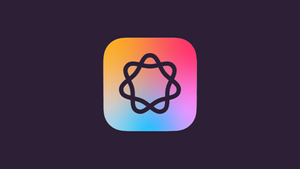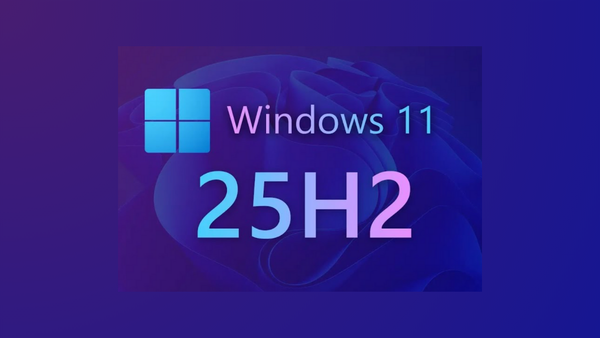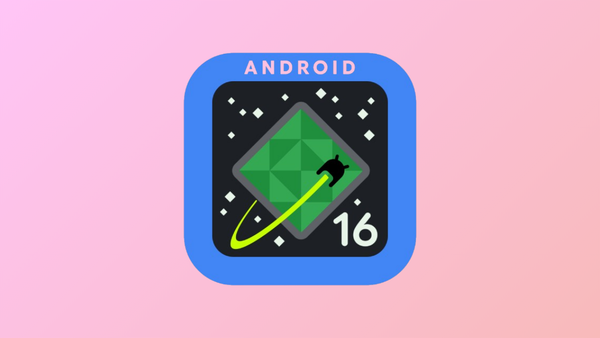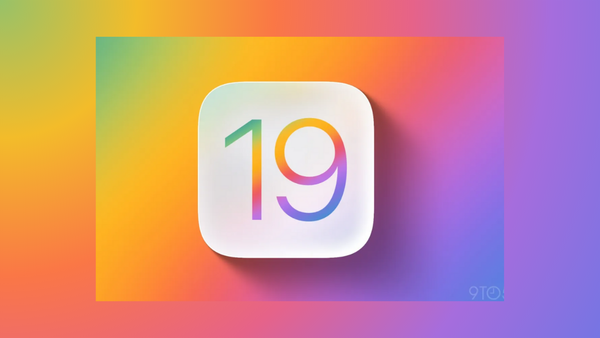- Anthropic has released a new family of Claude 3 models. The lineup consists of Claude 3 Haiku, Claude 3 Sonnet, and Claude 3 Opus.
- The company claims its new models outperform competitors like Gemini Ultra 1.0 and GPT-4 in most benchmark tests.
- Sonnet and Opus are available today, while Haiku will be released soon.
In the AI race, Anthropic, a company founded by former OpenAI employees, has no plans to fall behind. The makers of Claude AI have new offerings for the public, the new Claude 3 model family, which boasts significant improvements across performance and capabilities.
The family consists of three new large language models (LLM) – Claude 3 Haiku, Claude 3 Sonnet, and Claude 3 Opus – with each model listed in the increasing order of capabilities, intelligence, and cost. The models have been trained on datasets till August 2023.
The Claude 3 models are considerably raising the bar on performance, with Opus exceeding the capabilities of its peers, like GPT-4 and Gemini 1.0 Ultra, in most benchmark tests, like knowledge, reasoning, Math, coding, etc.

Claude 3 models even performed admirably in the Needle In A Haystack' (NIAH) evaluation, and apparently, the model even had an awareness that it was being tested. The prompt engineer recalls it as a funny story, but is it funny or scary as Anthropic calls their new models "leading the frontier of general intelligence."
The models also show vast improvements over their predecessors. Sonnet has proved to be 2x faster than Claude 2 and Claude 2.1 while delivering higher levels of intelligence.
On the other hand, Opus far exceeds these models in intelligence (it demonstrates much higher levels) without a tradeoff in speed; it is still at par with Claude 2 and Claude 2.1.
Haiku also has some feathers in its cap. When compared to other models in the market in the same intelligence category, Anthropic claims that Haiku is the fastest and most cost-effective. It can even read information-dense papers in less than three seconds, like research papers (~10K tokens) with charts and graphics.
All the models can be employed by businesses for auto-completions, customer chats, and data extraction tasks, according to the needs.
The new models also show improved contextual understanding compared to their predecessors. They are less likely to refuse answers to harmless questions, something that Claude 2 and Claude 2.1 struggle with.
Upon launch, these models will have a context window of 200K tokens, but they are capable of accepting more than 1 million tokens. Anthropic says that they might make the higher context window available to select Enterprise customers if they need enhanced processing power.
How can you access Claude 3 models? Claude 3 Sonnet and Claude 3 Opus are available today at claude.ai and through their API. On claude.ai, Claude 3 Sonnet will now power the experience for free users, while Claude 3 Opus will be available for Claude Pro subscribers.

Sonnet is now also available on Amazon Bedrock and Google Cloud's Vertex AI (both companies are investors in Anthropic), and Haiku and Opus will soon follow suit.











Member discussion